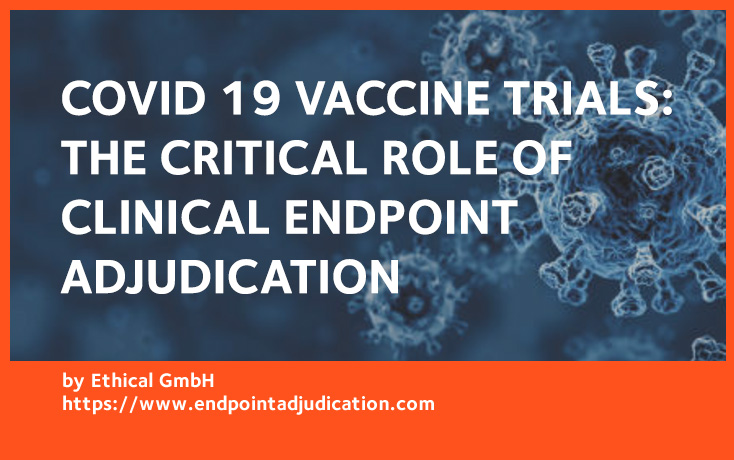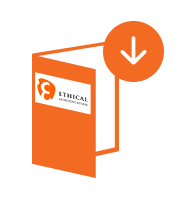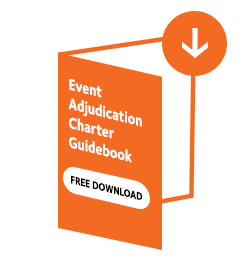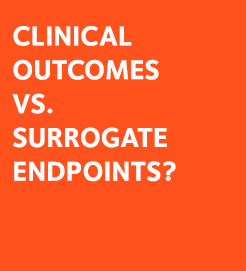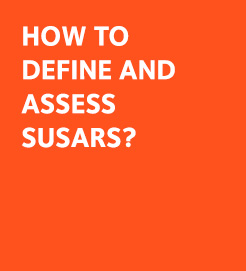Just weeks after the emergence of the coronavirus SARS-CoV-2 clinical teams around the world got ready for the big fight. Several marketed molecules were tested in accelerated settings to find out if they could be used either to fight the virus itself or to alleviate some of its most dangerous effects and, of course, preparation started for a vaccine that would help stop the spreading of the disease.
Little was known about the exact nature of the SARS-CoV-2 virus and the world could only guess how the pandemic would evolve over the following months. In just ten months, several highly effective vaccines were available for use and in spite of criticism about the rate of production, resistance from ill-informed refusers and a flurry of unfounded rumors, vaccination is in good way to put an end to the most disruptive event the world has faced in a century. Ethical’s eAdjudication® platform and managed service played a key role in this global effort, supporting the emergency work of renowned medical experts in the race to save the world.
Clinical severity: the outbreak
In January 2020 Chinese scientists submitted the gene sequencing data of a newly isolated coronavirus strain for posting on Virological.org, a hub for prepublication data designed to assist with public health activities and research. Earlier that week, they announced that they had isolated and fully sequenced the virus, setting off calls for full release of the details. The post was communicated by Edward Holmes, PhD, with the University of Sydney, on behalf of a Chinese group led by Yong-Zhen Zhang, PhD, with Fudan University in Shanghai.
On 11 February 2020, the International Committee on Taxonomy of Viruses adopted the official name "severe acute respiratory syndrome coronavirus 2" (SARS‑CoV‑2). Later, the respiratory illness caused by the SARS-CoV-2 virus was officially named COVID 19 for “COronaVIrus Disease 2019”. On March 11, 2020, the World Health Organization (WHO) declared the novel coronavirus (COVID-19) outbreak a global pandemic.
The problem
After an initial period of indifference and even denial by the majority of countries around the world, it became apparent that the spreading of the SARS-CoV-2 virus and the disease it caused was not a local issue that could be contained to the Wuhan region in China but a highly contagious disease spreading very quickly around the globe and against which authorities had very little if any means to fight. Even simple objects such as protective masks and alcohol gel that already existed on the market were in extreme shortage, let alone specific medications or vaccines. And the odds of obtaining any such weapons against the deadly pandemic in a short enough time to make a difference seemed very low. Anti-viral medicines have proven very complicated to develop. For example, it took more than twenty years to find combinations of drugs that can contain the replication of the HIV virus in AIDS in spite of unprecedented efforts by the scientific community. Forty years after the first cases of AIDS, protective vaccines are still being tested. What were the odds that this new virus could be fought off before it would tear apart the world as we knew it?
The all-out effort
We know the rest of the story: an all-out effort was launched by all who could contribute to the fight in one way or another. As a result, a safe and effective COVID-19 vaccine was ready in just ten months when time from research to manufacturing and marketing would traditionally take around ten years. This was made possible because vaccine development platforms that could quickly and easily be adapted to any target were already available. However, beyond this initial advantage, there were other steps that needed to be compressed without compromising the quality and quantity of data. Beyond the scientific reasons for having solid proof of the efficacy and safety of the vaccines, gaining the trust of the people who were constantly bombarded with contradictory information, much of it wrong or distorted, was paramount to the ultimate success of the vaccination endeavor.
Speeding up procedures without compromising data quality
The most challenging part of the vaccine development consisted in launching and running very large clinical trials in a record time. Recruiting appeared easy during the huge second wave of the pandemic but had to be carefully deployed to different regions to be sure to obtain diversity both in the human populations and in the virus variants. Administrative procedures that usually take months or even years to complete were accelerated. Then started the critical phase of data collection and assessment. Not only should the right parameters be planned in the study protocols but occasional modifications had to be made quickly, data processed in real time and assessment performed as quickly as possible by world experts to guarantee the highest quality in the shortest time. Clinical endpoint adjudication methodology and tools played, and still plays as these lines are written, a critical role in the timing and quality of the data. eAdjudication® a cloud-based platform specifically designed to allow for remote blinded assessment of clinical events was used during pivotal phase 3 trials of COVID vaccines to allow virologists, pulmonologists and other experts around the world to review cases on infection and help calculate the rate of protection the vaccine offers. Highlighting the importance of this approach in strengthening the study results and gaining public confidence, the adjudication is specifically mentioned in the package insert of certain COVID 19 vaccines that obtained authorization for emergency use.Epilogue?
Very highly effective and safe COVID-19 vaccines have been marketed in record time, manufacturing is increasing exponentially and many countries are already close to reaching critical percentages of vaccination in the population. The battle is not entirely won yet but the world is in good shape to fight-off this unexpected pandemic and is better prepared for any forthcoming challenges. Ethical® is proud to have to have played its part with our leading platform eAdjudication®DOWNLOAD NOW THE FREE ENDPOINT ADJUDICATION HANDBOOK
The Complete Manual / Reference Book (34 pages) with all the topics related to the Independent Endpoint Adjudication Committees Management



